Filter by
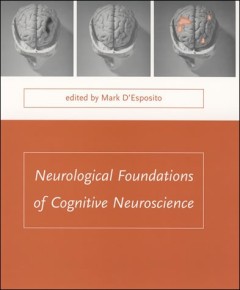
Neurological foundations of cognitive neuroscience
"A Bradford book."A review of a broad range of neurobehavioral syndromes from both neurological and cognitive neuroscientific perspectives.Despite dramatic advances in neuroimaging techniques, patient-based analyses of brain disorders continue to offer important insights into the functioning of the normal brain. Bridging the gap between the work of neurologists studying clinical disorders and n…
- Edition
- -
- ISBN/ISSN
- 9780262271103
- Collation
- 1 online resource (290 pages) :illustrations.
- Series Title
- -
- Call Number
- -
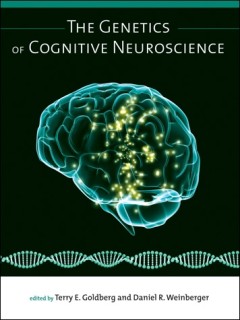
The genetics of cognitive neuroscience / of Cognitive Neuroscience
A primer on understanding the influence of specific genetic variants on cognition, affective regulation, personality, and central nervous system disorders.
- Edition
- -
- ISBN/ISSN
- -
- Collation
- 1 online resource (xii, 297 pages) : illustrations.
- Series Title
- -
- Call Number
- -
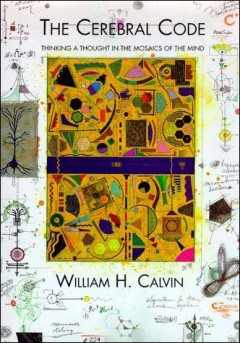
The Cerebral Code: Thinking a Thought in the Mosaics of the Mind
"A Bradford book."The Cerebral Code proposes a bold new theory for how Darwin's evolutionary processes could operate in the brain, improving ideas on the time scale of thought and action. Jung said that dreaming goes on continuously but you can't see it when you're awake, just as you can't see the stars in the daylight because it is too bright. Calvin's is a theory for what goes on, hidden from…
- Edition
- -
- ISBN/ISSN
- 9780262269711
- Collation
- 1 online resource (256 pages) :illustrations
- Series Title
- -
- Call Number
- -
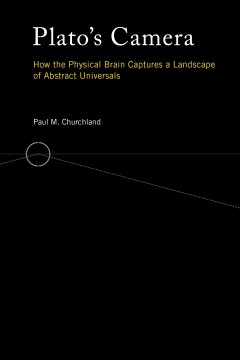
Plato's camera :how the physical brain captures a landscape of abstract unive…
A noted philosopher draws on the empirical results and conceptual resources of cognitive neuroscience to address questions about the nature of knowledge. In Plato's Camera, eminent philosopher Paul Churchland offers a novel account of how the brain constructs a representation--or "takes a picture"--of the universe's timeless categorical and dynamical structure. This construction process, which …
- Edition
- -
- ISBN/ISSN
- 9780262302869
- Collation
- 1 online resource (x, 289 pages, 12 unnumbered pages of plates) :illustrations (some color)
- Series Title
- -
- Call Number
- -
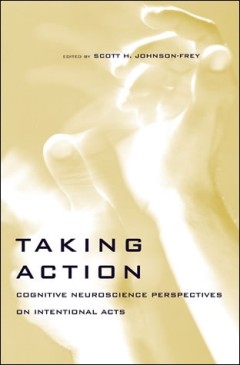
Taking Action: Cognitive Neuroscience Perspectives on Intentional Acts
A Bradford book."Recent cognitive neuroscientific research that crosses traditional conceptual boundaries among perceptual, cognitive, and motor functions in an effort to understand intentional acts. Traditionally, neurologists, neuroscientists, and psychologists have viewed brain functions as grossly divisible into three separable components, each responsible for either perceptual, cognitive, …
- Edition
- -
- ISBN/ISSN
- 9780262276337
- Collation
- 1 online resource (viii, 413 pages, 12 unnumbered pages of plates) :illustrations (some color)
- Series Title
- -
- Call Number
- -
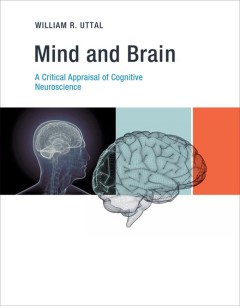
Mind and brain :a critical appraisal of cognitive neuroscience
Here, William Uttal offers a critical review of cognitive neuroscience, examining both its history and modern developments in the field. He pays particular attention to the role of brain imaging in studying the mind-brain relationship.OCLC-licensed vendor bibliographic record.
- Edition
- -
- ISBN/ISSN
- 9780262298902
- Collation
- 1 online resource (xxviii, 497 pages) :illustrations
- Series Title
- -
- Call Number
- -
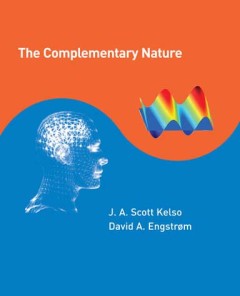
The Complementary Nature
"A Bradford book."Why do we divide our world into contraries? Why do we perceive and interpret so many of life's contraries as mutually exclusive, either/or dichotomies such as individual~collective, self~other, body~mind, nature~nurture, cooperation~competition? Throughout history, many have recognized that truth may well lie in between such polar opposites. In The Complementary Nature, Scott …
- Edition
- -
- ISBN/ISSN
- 9780262316286
- Collation
- 1 online resource (xviii, 317 pages) :illustrations
- Series Title
- -
- Call Number
- -
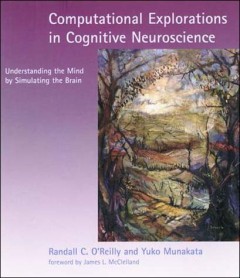
Computational Explorations in Cognitive Neuroscience: Understanding the Mind …
"A Bradford book."The goal of computational cognitive neuroscience is to understand how the brain embodies the mind by using biologically based computational models comprising networks of neuronlike units. This text, based on a course taught by Randall O'Reilly and Yuko Munakata over the past several years, provides an in-depth introduction to the main ideas in the field. The neural units in th…
- Edition
- -
- ISBN/ISSN
- 9780262280907
- Collation
- 1 online resource (xxvii, 504 pages) :illustrations
- Series Title
- -
- Call Number
- -
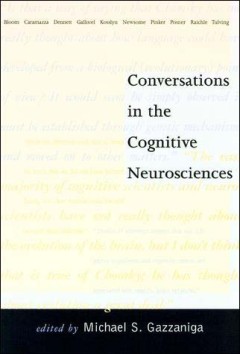
Conversations in the Cognitive Neurosciences
Conversations in the Cognitive Neurosciences is a brief, informative yet informal guide to recent developments in the cognitive neurosciences by the scientists who are in the thick of things.
- Edition
- -
- ISBN/ISSN
- 9780262286893
- Collation
- 1 online resource (viii, 193 pages) :illustrations
- Series Title
- -
- Call Number
- -
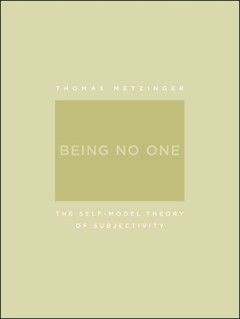
Being no one :the self-model theory of subjectivity
"A Bradford book."According to Thomas Metzinger, no such things as selves exist in the world: nobody ever had or was a self. All that exists are phenomenal selves, as they appear in conscious experience. The phenomenal self, however, is not a thing but an ongoing process; it is the content of a "transparent self-model." In Being No One, Metzinger, a German philosopher, draws strongly on neurosc…
- Edition
- -
- ISBN/ISSN
- 9780262279727
- Collation
- 1 online resource (xii, 699 pages)
- Series Title
- -
- Call Number
- -
 Computer Science, Information & General Works
Computer Science, Information & General Works  Philosophy & Psychology
Philosophy & Psychology  Religion
Religion  Social Sciences
Social Sciences  Language
Language  Pure Science
Pure Science  Applied Sciences
Applied Sciences  Art & Recreation
Art & Recreation  Literature
Literature  History & Geography
History & Geography